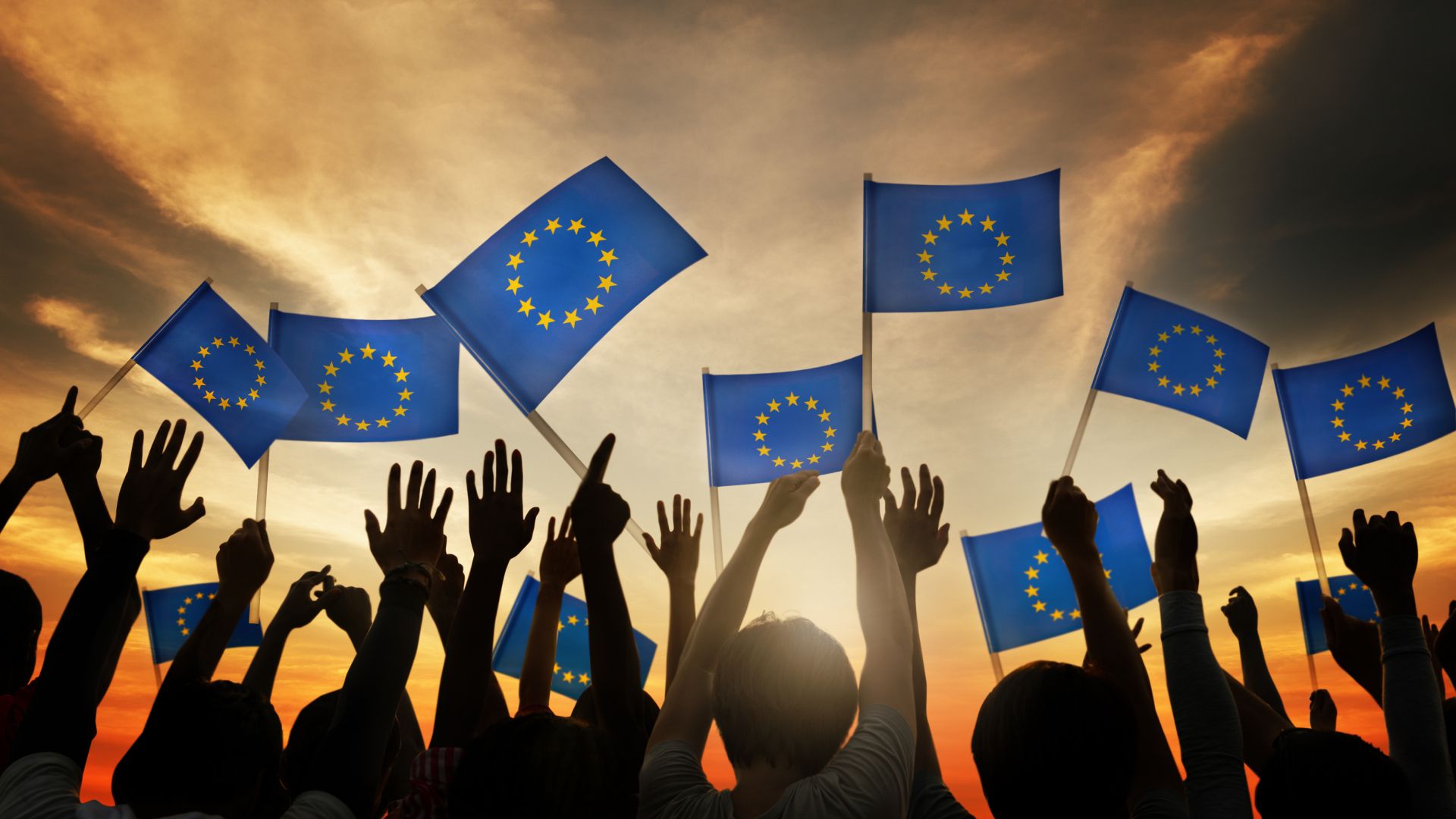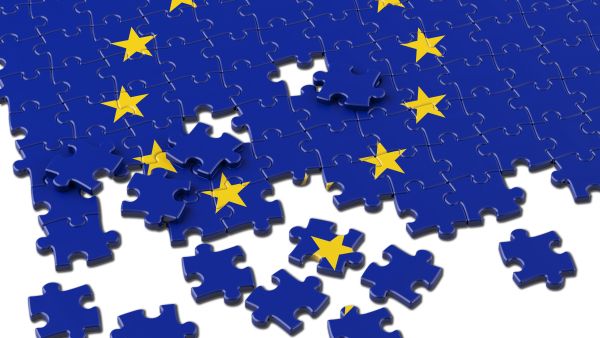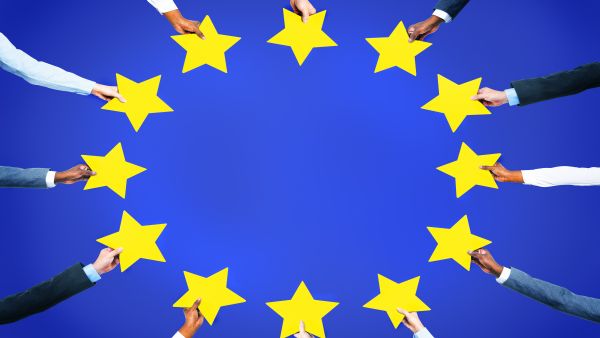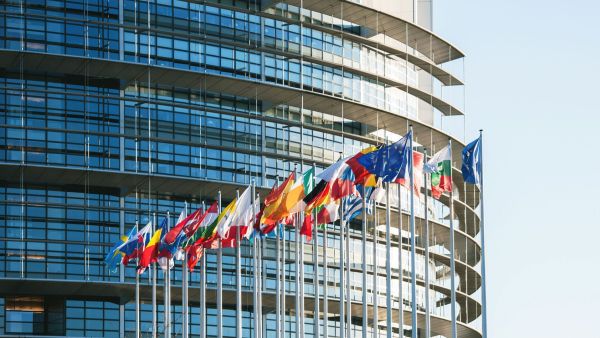This week, the Socialists and Democrats in the European Parliament outlined priorities for improving the EU to allow it to better respond to new and future challenges and address shortcomings highlighted by the COVID-19 pandemic. You can read out priorities on the EU´s constitutional future, through a stronger political union, here.
Iratxe García, S&D Group leader, said:
“Today’s challenges simply do not recognise borders. Inequalities, pandemics, climate change, migration and digitalisation are concrete challenges we all face in our everyday lives, regardless of where we live in Europe.
“The COVID-19 outbreak crisis has called for extraordinary and joint European solutions. The crisis has highlighted some serious shortcomings in the EU that need to be fixed in the coming months and year. The EU needs more competences in the area of health in order to be more effective, and we also need to add the Green Deal to the Treaty, including the climate neutrality objective, as well as a social protocol ensuring that economic freedoms do not take precedence over workers’ rights, and the European Pillar of Social Rights to ensure social progress. We also need to move from unanimity to majority voting in crucial areas to speed up our decision-making for urgent matters. That’s why our Group has come up with a European vision on a new programme of policy action and institutional reform with short term and long term proposals.
“With a change in mind-set, we can deliver a more social and more European response to the political, social and economic consequences of the Covid-19 crisis, while at the same time bringing the EU closer to citizens.”
Domènec Ruiz Devesa, S&D spokesperson on constitutional affairs, said:
“In the wake of its 70th Anniversary, the EU is constantly facing new challenges, the COVID-19 pandemic being just the last of a long list of unfinished business, from climate to migration. We need a new European institutional architecture to provide fresh ways of thinking and new ways of working, in the form of a closer, more perfect political union that is more effective, transparent and democratic.
“In particular, we must strengthen the role of the European Parliament, through the right of initiative and inquiry, and endowing it with full co-decision with Council. Commission should be more accountable, not just to Parliament, but also to citizens. Council should become more transparent, democratic and efficient, through the use of qualified majority voting in areas like taxation, or social policy and foreign affairs.
“By strengthening European citizenship and by actively involving people in decision-making through more participatory dialogue, we can strengthen citizens’ ownership in the European project. We look forward to debating this S&D contribution on the Union's institutional dimension with citizens and organised civil society in the upcoming Conference on the Future of Europe.”
The S&D’s priorities on the EU’s future include:
- Full exploitation of the Lisbon Treaty to ensure the best execution of European policies, including the activation of passerelle clauses for extending Qualified Majority Voting in Council,
- Completion of the monetary union with the financial union and reform of the Stability and Growth Pact and of the mandate of the ECB,
- Constitutionalisation of new policies and competencies on social Europe, climate change and public Health Union,
- A stronger European budget backed by new own resources, including common taxation and an enhanced role for the European Parliament on revenues,
- A stronger European Parliament: right of legislative initiative, full co-decision, stronger political control over the Commission,
- Substantial improvements in the transparency of the institutions, notably within the Council,
- Including the Social Progress Protocol and European Pillar of Social Rights in the event of Treaty changes,
- Permanent and structured forms of citizens’ participation - based on gender and social balance - and new models of EU citizenship education,
- Improvement of the Spitzenkandidaten process,
- Introduction of transnational lists for the election of part of EP members, with rules that ensure the respect for balance between large, medium and small sized Member States,
- Defence of the quality of democracy in the EU and in the functioning of the European Institutions as well as of the EU democratic project.











